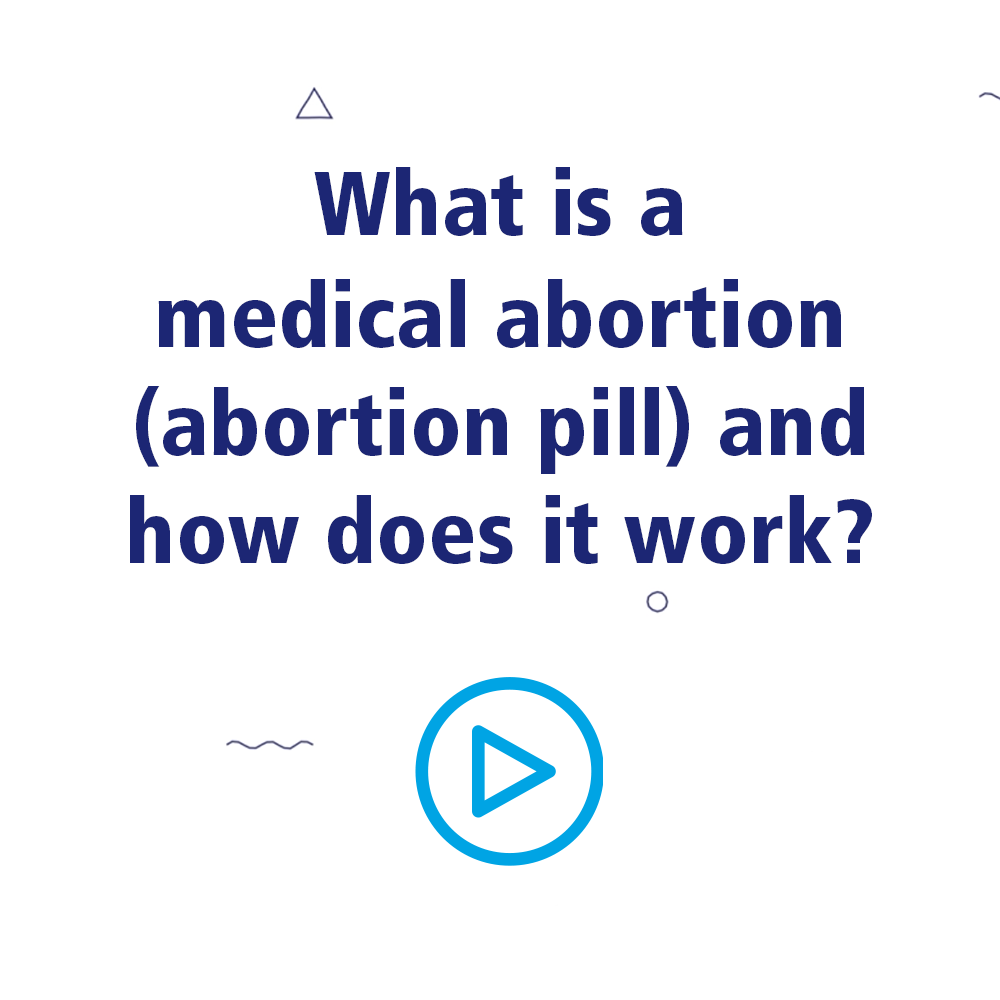Self-care is not a new concept, nor does it apply exclusively to abortion. For decades, this approach has been promoted by health experts as a best practice to guaranteeing positive health outcomes, and more recently, within contraception and abortion programmes. Today, with the advent of the COVID-19 pandemic and an increasing reliance on technology for remote access to care, there is an increasing demand for easy access to accurate information, enabling individuals to make informed decisions about their health and take control over implementing specific health tasks.
Abortion self-care refers to the practice of managing some or all aspects of your abortion, which could include self-administering medical abortion with or without the support of a healthcare provider. It encompasses the right of women and girls to lead the abortion process, with healthcare providers acting as supportive partners rather than gatekeepers to abortion care.
At IPPF, we believe that abortion self-care should be normalized, and, in this article, we share five reasons why.
1. Abortion access is already limited for many women and girls
Multiple legal barriers stand in the way of women accessing abortion safely. As of 2017, 42% of women of reproductive age live in the 125 countries where abortion is highly restricted, and 93% of countries with highly restrictive laws are in developing regions. Sadly, even countries with broadly liberal laws have additional layers of restrictions that chip away at legal access to abortion. Criminalizing abortion through restrictive laws and policies do not stop abortions from happening but rather make them less safe, as women will turn to clandestine, unsafe methods. This is particularly true for poor and marginalized women, who cannot afford to travel or access care through private health facilities.
Abortion self-care is an effective way to bridge this enormous gap between need and accessible services. When a woman who wants to end a pregnancy is empowered to do so safely, in the comfort of her own home, with access to the correct information and quality medical abortion pills, her rights, health, and wellbeing are guaranteed and protected.
2. Abortion self-care has the power to transform access to health care
Abortion self-care places women and girls firmly at the center of the abortion process, as the key decision makers in control of their own bodies. Its shifts the dynamic away from a medicalized and provider-led approach to a person-centered model which empowers the woman while still being backed-up by the healthcare system when needed or required.
The work of ATBEF, our Member Association in Togo, is a great example of this. ATBEF is championing abortion self-care through their mobile app, InfoAdoJeunes, which enables confidential remote consultation, counselling, and information on abortion, as well as access to contraception. A new improvement to their telemedicine service is the option for women to self-manage their abortion with or without the involvement of a healthcare provider by facilitating access to the pills and providing ongoing support throughout the process if wanted.
This allows for individual’s needs, preferences, and lived experiences to be prioritized, and supports their self-efficacy to control their lives and decisions. It also goes a long way in tackling abortion stigma and the silencing that comes with it.
3. The evidence tells us telemedicine and hotlines work!
According to Guttmacher, connecting patients to providers via video or other virtual communication is a powerful tool to expand abortion access to rural and otherwise underserved communities, as well as to people who may have difficulty traveling to or accessing a health facility for other reasons.
The work of IPPF in Benin and DRC are great examples of the effectiveness of telemedicine for abortion self-care. In DRC, IPPF’s Member Association ABEF-ND has set up a mobile and web app with a focus on adolescents and young people. This app provides information, consultation, counselling, and clinical management of safe abortion. And in Benin, the Association Béninoise pour la Promotion de la Famille started providing telemedicine services at the start of 2021 through a toll- free call system with impressive results.
4. Abortion self-care is safe, effective and WHO recommended
Contrary to assumptions and concerns, study after study has revealed that self-managed abortion is safe, effective, and not inferior to those performed in clinical settings. In fact, this WHO review revealed that 94-96% of self-managed abortions were successful, similar to success rates in clinic-based settings. Moreover, over 90% of clients said they would recommend abortion self-care.
Any assumption that self-managing an abortion outside a formal medical setting is unsafe has no scientific backing. They also come with unnecessary stigma and biases which are worth challenging.
5. Abortion self-care is rights-based and gender-transformative
Abortion self-care is a question of freedom, empowerment, and bodily autonomy.
Bodily integrity and autonomy is a fundamental human right, central to sexual rights and gender and reproductive justice. People’s right to make autonomous decisions about their own bodies and reproductive functions is at the core of their fundamental rights to life, health, equality and non-discrimination.
As such, every woman and girl has the right to abortion in a manner that respects their rights, autonomy, dignity, and needs, taking their lived experiences and circumstances into account. Abortion self-care does just that, placing the individual at the center, enhancing their decision-making and control over their lives, while simultaneously challenging gender norms, roles, and stereotypes that stigmatize women’s reproductive autonomy.
For more information about abortion self-care, please take a look at IPPF’s International Medical Advisory Panel statement on abortion self-care. It provides practical recommendations for IPPF Member Associations and other sexual and reproductive health stakeholders on how to provide support for abortion self-care within a people-centered model which empowers individuals, as well as how to create a favourable environment for abortion self-care. Download a copy in English, Spanish or French now.
Main image is of two young women supporting each other in Ethiopia. Credit: Rutgers/Tsion Haileselassie
when









